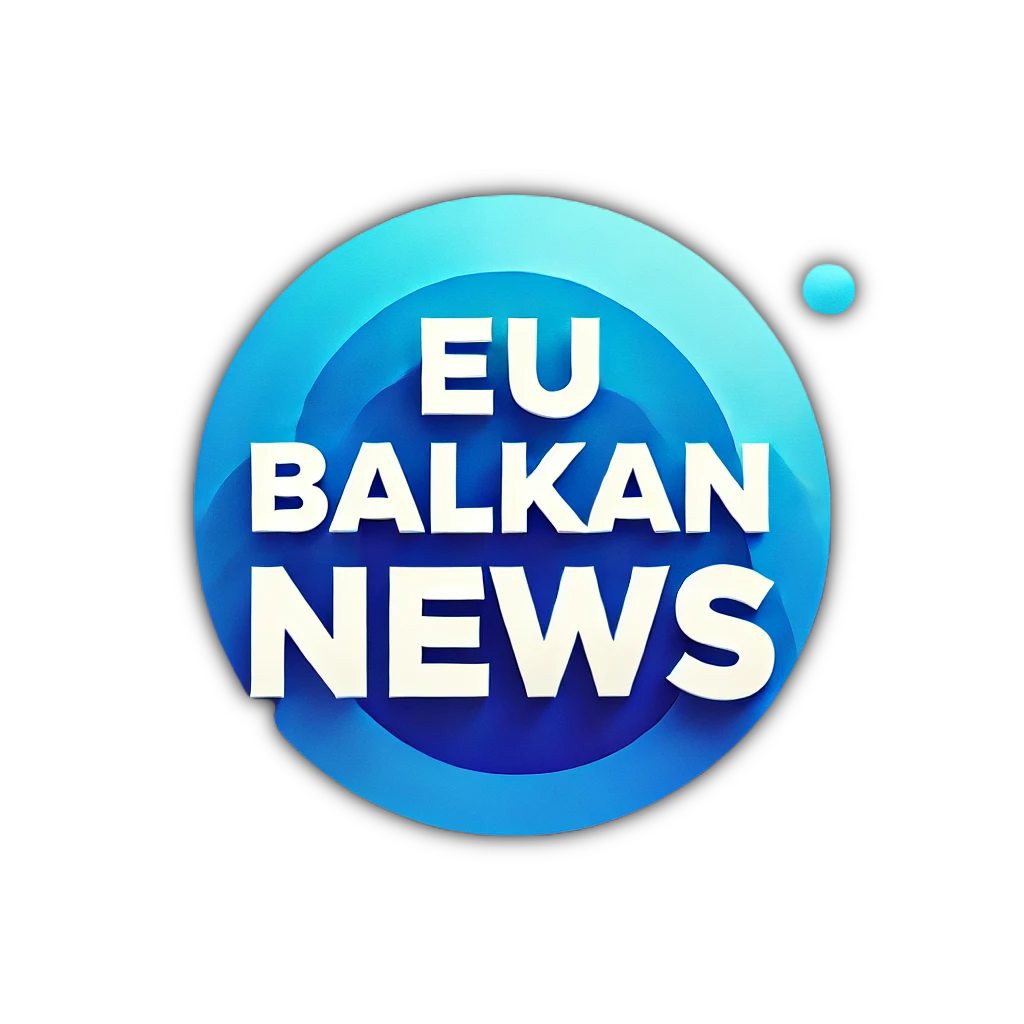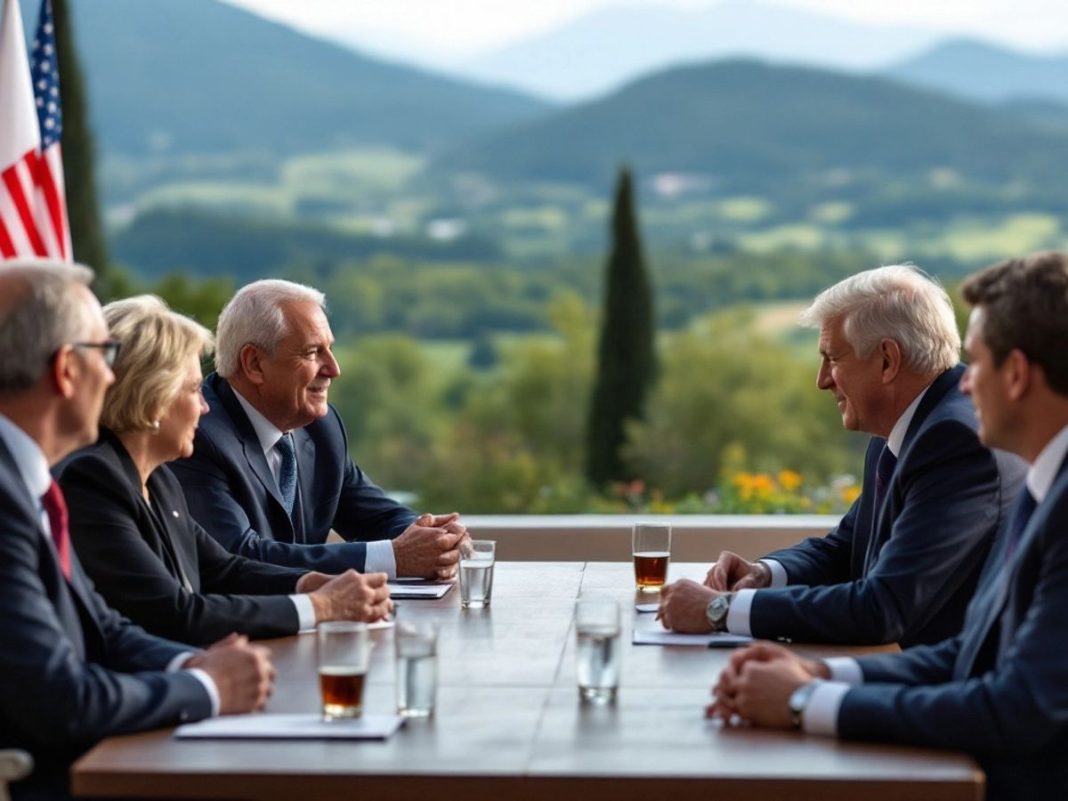Former Croatian President Kolinda Grabar-Kitarović has called for the United States to enhance its involvement in the Western Balkans to counteract the growing influence of China and Russia in the region. Speaking at a discussion organized by the Hoover Institute of Stanford University, she expressed her concerns regarding the slow integration process of Balkan countries into the European Union and NATO, which she believes has created a vacuum that external powers are eager to fill.
Key Takeaways
- Increased U.S. Engagement: Grabar-Kitarović emphasizes the need for the U.S. to take a more active role in the Balkans.
- Critique of EU Integration: She criticized the European Union for its slow integration process of Balkan nations.
- Concerns Over External Influence: The former president highlighted the risks posed by Chinese investments and Russian disinformation campaigns in the region.
The Call for Action
Grabar-Kitarović’s remarks come at a time when the geopolitical landscape in the Balkans is shifting. She pointed out that the lack of U.S. engagement under previous administrations has allowed other nations to increase their foothold in the region.
"If you really want to prevent others from interfering, then you have to get involved yourself," she stated, urging the U.S. to reconsider its strategy in the Balkans.
Historical Context
The Balkans have a tumultuous history, particularly during the ethnic wars of the 1990s. Since then, both the U.S. and the EU have aimed to stabilize the region through integration into Western institutions. However, the process has been fraught with delays, leading to frustration among local leaders.
The Role of China and Russia
Grabar-Kitarović expressed her concerns about the increasing influence of China and Russia in the Balkans.
- Chinese Investments: Beijing has been making significant investments in infrastructure and other sectors, raising alarms in Washington and Brussels.
- Russian Disinformation: The Kremlin’s efforts to sway public opinion and political outcomes in the region have also been a point of concern.
The Need for a Unified Approach
The former president’s comments underscore the necessity for a coordinated approach between the U.S. and the EU to address these challenges.
- Strengthening Alliances: A united front could help mitigate the influence of external powers.
- Accelerating Integration: Faster integration of Balkan countries into NATO and the EU could provide a buffer against foreign interference.
Conclusion
As the geopolitical dynamics in the Balkans evolve, the call for increased U.S. engagement is more relevant than ever. Grabar-Kitarović’s insights serve as a reminder of the importance of proactive measures to ensure stability and prevent the region from becoming a battleground for competing global influences.

